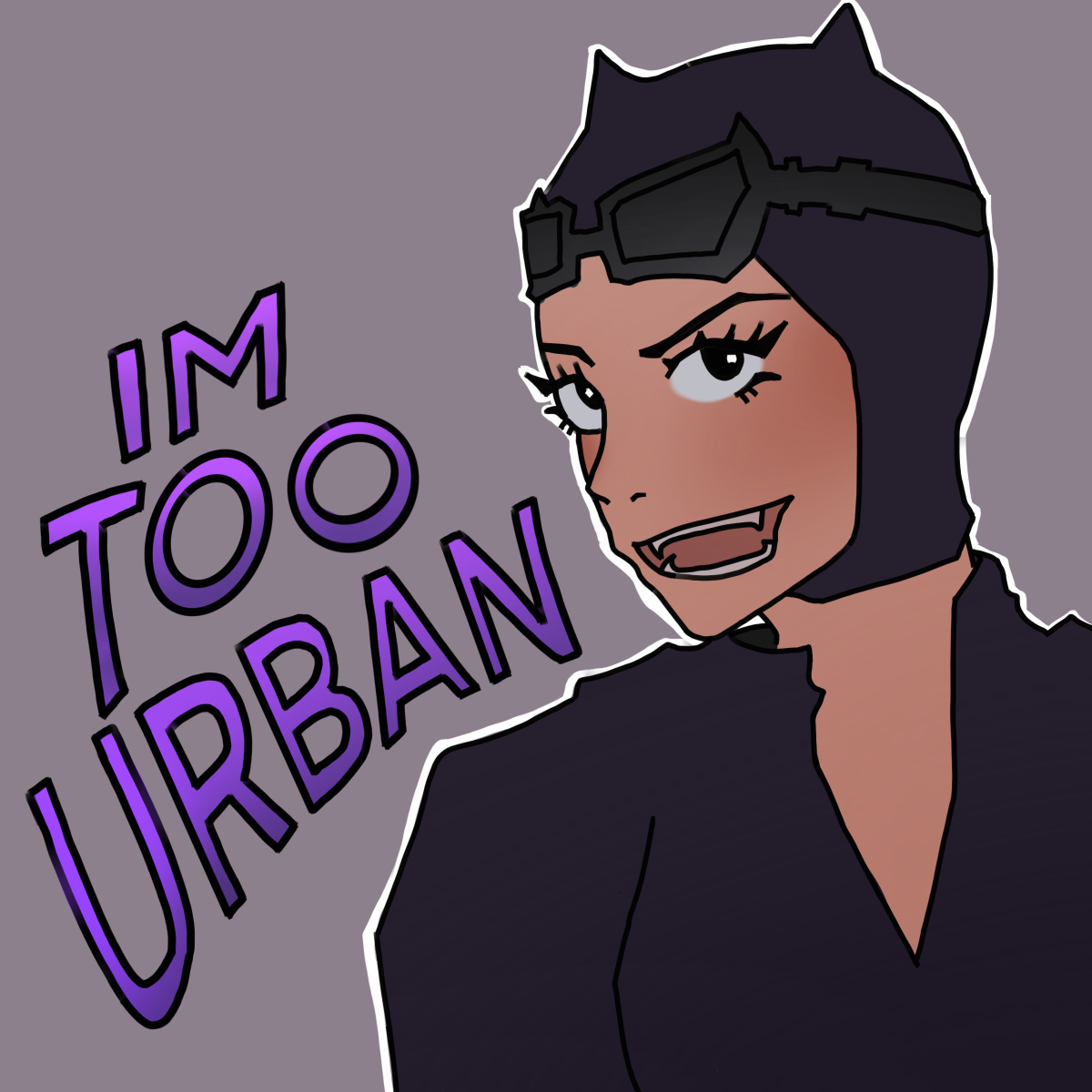Zoë Kravitz, who recently starred as Catwoman in “The Batman,” made headlines recently when she was misinterpreted as saying that she was denied the same role in “The Dark Knight Rises” for being “too urban.” She later clarified through an Instagram post that she was auditioning for a smaller part and didn’t get it because “they were not going urban on the part.”
Kravitz went on to say, “I did not mention this to point any fingers or make anyone seem racist, namely Chris Nolan, the film’s producers, or anyone on the casting team, because I truly do not believe anyone meant any harm.”
Whether referring to Black people as “urban” is racist or not is a discussion for another day, but one thing is for sure: It’s stupid.
Calling Black people urban is incredibly reductive. The use of the term to refer to Black people began in reference to the high percentage of Black people that lived in cities. While it remains true that more Black people live in cities than rural areas, as of 2018, Black people only made up 13.1% of America’s urban population.
If there were a high enough percentage of Black people to warrant the use of the term, denying Kravitz a role in “The Dark Knight Rises” wouldn’t make any sense. The movie takes place in a city.
Referring to all things Black as “urban” boxes the Black experience into what occurs within city limits. White people make up a larger percentage of rural areas, but the term is seldom used to describe all of them.
White people are understood to have cultural differences based on where they are from because they make up a majority of the American population. Black people, on the other hand, are often portrayed in our media as a monolith to simplify Black culture for a white audience.
There are a large number of Black people that live in cities, but there are also Black people from suburban and rural areas. To call them urban is to erase a part of their identity.
The use of the term urban to refer to Black people also comes with the implication of lower class. A Black person from the Bronx would be more likely to be called “urban” than a Black person from Manhattan, even though they are from the same city.
While it is true that Black Americans are generally worse off due to socioeconomic factors, there are many Black success stories. Tales about overcoming the odds aren’t shared with the general American audience in order to preserve stereotypes.
Calling Black people and their creations “urban” is an attempt to limit their expression. It’s less accurate than ever to call all Black people “urban,” yet the word still takes on that meaning. It is a vestigial organ among the rest of our euphemisms.
Referring to Black people as “urban” doesn’t make sense under scrutiny, and it’s time to retire that definition. It doesn’t have its fastball anymore, and the game has passed it by. Perhaps one day it’ll have its jersey retired in the Outdated Terms for Black People Hall of Fame, right next to “colored.”
Frank Kidd is a 21-year-old mass communication junior from Springfield.
Opinion: We should retire ‘urban’ as a euphemism for Black people
By Frank Kidd
March 14, 2022
Urban cartoon








